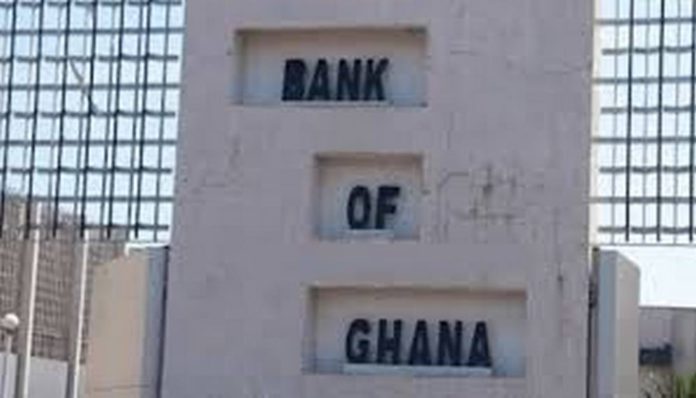
The Bank of Ghana (BoG) is exploring the launch of a Central Bank Digital Currency. This is according to the Second Deputy Governor of the BoG, Mrs Elsie Awadzi-Addo.
Speaking at the virtual regional capacity building workshop organised jointly by IMF’s AFRITAC West 2 and Monetary and Capital Markets Department, Mrs Awadzi-Addo noted the Bank’s decision to possible launch a digital currency, is to ensure and provide further support for the orderly development of the digital financial services landscape in the country.
“Regulators are increasingly relying on more regulatory and supervisory technology to improve effectiveness, and more and more Central Banks including the Bank of Ghana are exploring the launch of Central Bank Digital Currency to further support the orderly development of the digital financial services landscapes,” she noted.
Speaking on the impact of technology in the delivery of financial services and products on the back of the pandemic, the Second Deputy Governor averred the use of technology in the provision of financial services has now become a necessity rather than an option, driven to a large extent by consumer demand and the search for more efficiency and operational continuity by service providers.
Adding that technology has become the biggest driver of change in the financial services sector.
“Technology has indeed become the biggest driver of change in the financial services sector and is fast disrupting traditional models of product and service delivery. With significant investments in technology, financial services providers are providing convenience and efficiency for customers and helping to expand access to finance for underserved and unserved segments of society such as the informal sector, women, youth and other typically underserved groups,” she opined.
Mrs Awadzi-Addo, speaking further, bemoaned increasing risks in the financial services sector associated with the use of technology. She noted that the widespread use of technology is making financial services riskier citing increased cases of mobile money and ATM fraud and other cyber-related risks which could lead to service delivery disruptions, operational and financial losses as well as reputational damage to service providers, while leading to losses for users of these services and a loss of confidence in the financial system.
“These could erode gains made in financial stability, financial integrity, and financial inclusion in many countries,” she stated.
“These developments underscore the need for a coordinated approach to developing an orderly digital financial services ecosystem with innovations to better support the real sector on a sustainable basis. Such a coordinated approach will help various players in the ecosystem – policymakers, regulators, financial services providers, financial technology providers (FinTechs) and so-called BigTechs (such as Amazon, Apple, Google, and Facebook, to name a few) and consumers – to work together to harness the benefits of technology for the financial system while keeping risks to financial stability and financial integrity in check,” she added.
The IMF’s AFRITAC West 2 and Monetary and Capital Markets Department workshop held on the theme; Building FinTech resilience and supervisory capacity in West Africa, aims to provide an opportunity for policymakers, regulators, and other relevant actors within the financial services ecosystem to deliberate on how to create a conducive environment for FinTechs to foster an inclusive and resilient financial services industry within the West African sub-region.





